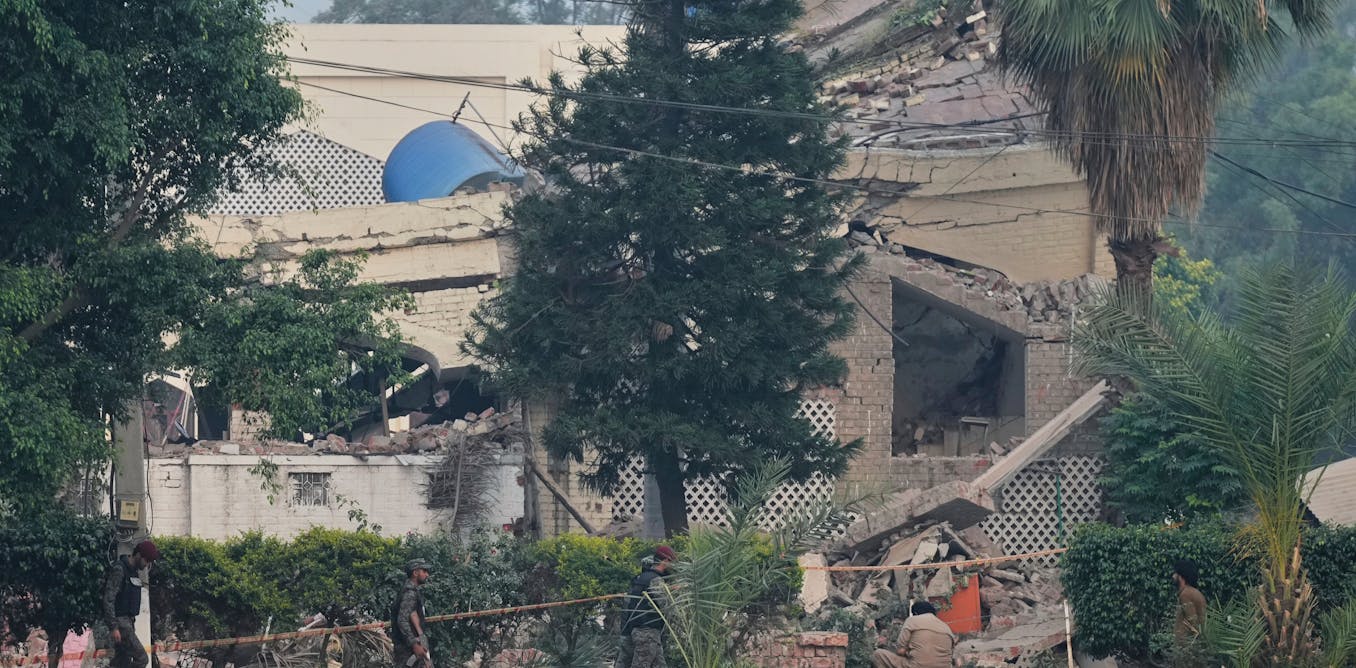Now Reading: India and Pakistan have fought many wars in the past. Are we on the precipice of a new one?
-
01
India and Pakistan have fought many wars in the past. Are we on the precipice of a new one?
India and Pakistan have fought many wars in the past. Are we on the precipice of a new one?

India has carried out military strikes against Pakistan, targeting various sites in Pakistan-controlled Kashmir and deeper within Pakistan itself using precision strike weapon systems, including drones, according to security officials.
Both countries are now closer to a major conflict than they have been in years, with tensions escalating following the strikes. The situation is reminiscent of previous crises between India and Pakistan, who have engaged in full-scale wars in the past and experienced cross-border strikes that did not lead to larger conflicts.
The recent strikes by India were reportedly in retaliation for a terror attack last month in Kashmir that killed 26 people, most of them Indian tourists. The attack has been attributed to a group called the Resistance Front, believed to be linked to the militant group Lashkar-e-Taiba in Pakistan. However, Pakistan has denied involvement in the attack.
The two countries have differing views on the causes of tensions in Kashmir, with India accusing Pakistan of supporting militant groups and Pakistan claiming attacks are carried out by local Kashmiris or Pakistanis protesting against Indian “occupation.”
The international community has largely left India and Pakistan to resolve their disputes, with little external mediation expected. The hope is for limited military action and a swift de-escalation, but the outcome remains uncertain.
The political cost of not acting in the current situation could be significant for both India and Pakistan, with implications for their economies and reputations on the global stage. The lack of external pressure to mitigate the conflict means the two nations may need to find a resolution on their own.






